Learning
Five Reasons why Kids Should Learn to Code
By Hanne S. Finstad, founder of Scientist Factory and Dr. Philos.
Technologies like social media, online banking and e-mail have become ubiquitous. Even those of us who grew up without computers and the internet are rarely far away from a smart phone. Coding isn’t necessary in order to develop good digital skills. Why, then, does Scientist Factory recommend that all children should learn to code? Coding does not only lead to comprehensive digital knowledge that is useful in the modern world. It also stimulates brain development in a host of different ways.
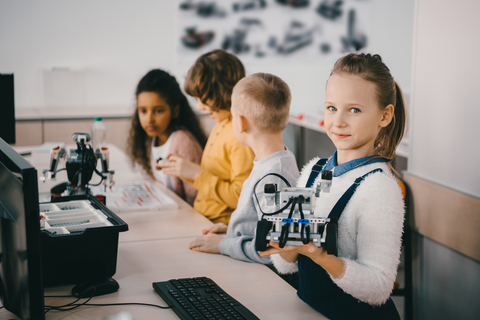
1. Coding trains the ability to think analytically and logically
When we make recipes for humans, we may presuppose that they have prior knowledge about what needs to be done. We do not need to describe every little thing in minute detail. Coding for a computer is different. Every single operation has to be described in the right order. Doing so demands analytical and logical thinking at a high level.
If you want to illustrate the minute level of detail and accuracy needed for coding to a child, ask them to make you a recipe for how to make a sandwich. Tell them to read it out loud while you follow the instructions and pretend to be a computer that cannot think for itself. I once did this when I lectured about coding, but with with waffle batter in stead of sandwiches. The attendants of the lecture wrote a recipe that didn’t mention that the batter has to be made in a bowl, nor that the egg shells have to be removed before they can be put into the batter. Everything ended up in a puddle on the floor.
Coding teaches children to pick apart all the different processes that have to be put together in order for something to happen. They have to think analytically, which is incredibly useful in all kinds of contexts. Think about a difficult challenge you’ve faced yourself. Did you divide the challenge into smaller tasks that you could solve one by one? If something went wrong, it may have been because you didn’t do this.
2. Coding helps kids think creatively
Coding also poses creative challenges. After learning the basics, a child will quickly be able to code in more complex and creative ways. They will see how fun and satisfying it is to create a program that can make something happen. With a little bit of training, they will even be able to build applications and games.
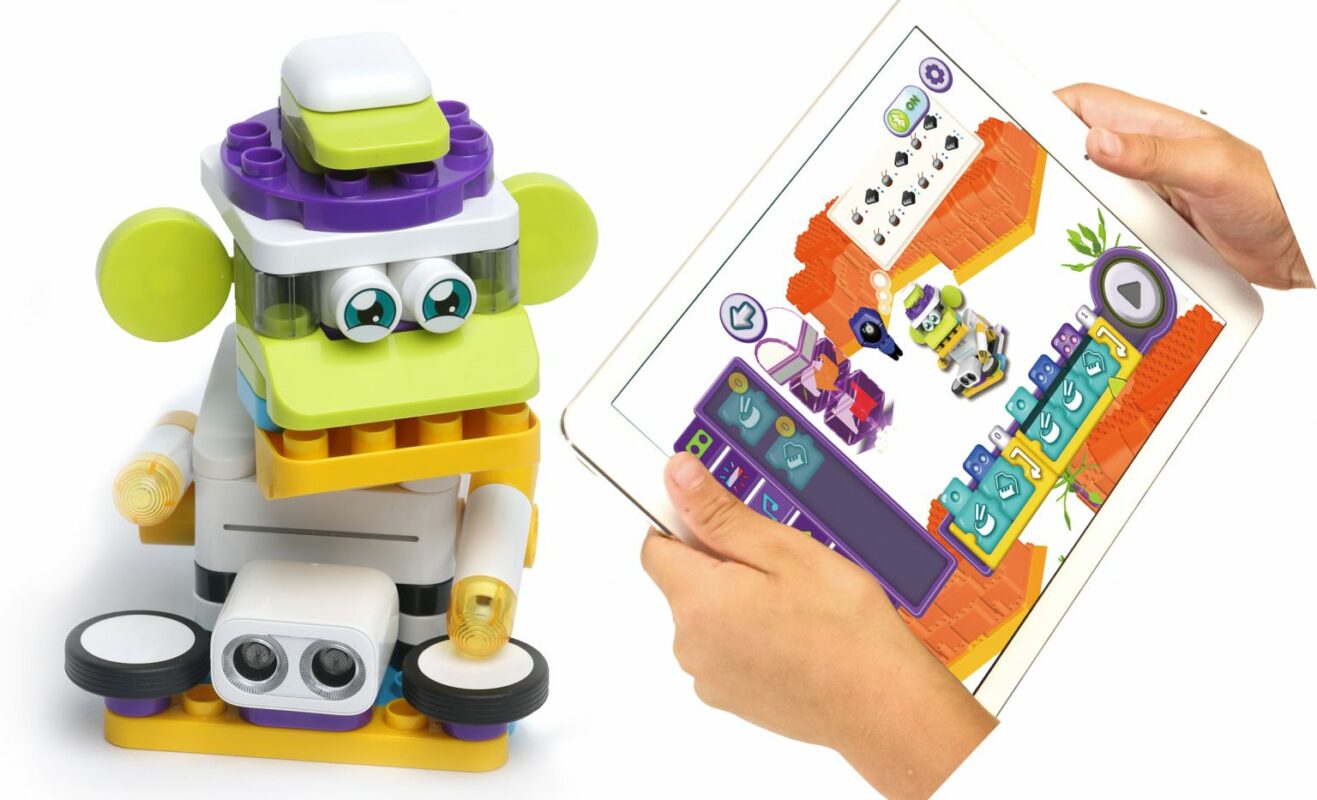
3. Coding aids the ability to imagine different outcomes
A new and important challenge emerges when children begin to undertake larger coding projects. They now have to use something programmers call ‘If statements’, and think through what kinds of outcomes an action might lead to. To think in this way makes us better at planning and being prepared when things do not go exactly as we wish.
4. Coding can lead to a growth mindset
It is impossible to not make mistakes, many mistakes, when kids learn how to code. You correct the mistakes by troubleshooting. In this way, coding also encourages children to persist and not give up, which is an incredibly important skill in all kinds of situations. At the same time, the child will learn from their mistakes and develop their skills. This is how coding can contribute to a ‘growth mindset’, a term that describes growing through resistance. With a growth mindset, a mistake is not something to sweat over and stress out about — it’s an opportunity to learn something.
5. Coding can train social skills
In popular culture, the computer programmer is often represented as an awkward, young man who codes all alone late at night, energy drink in hand. This stereotype often fails to recognize that coding actually invites cooperation. Coding can develop social skills because it encourages the exchange of experiences, whether that happens online or in person with friends. I have even met children who struggled with reading, and overcame these struggle by chatting to other kids about a computer game.
Products that teach kids how to code
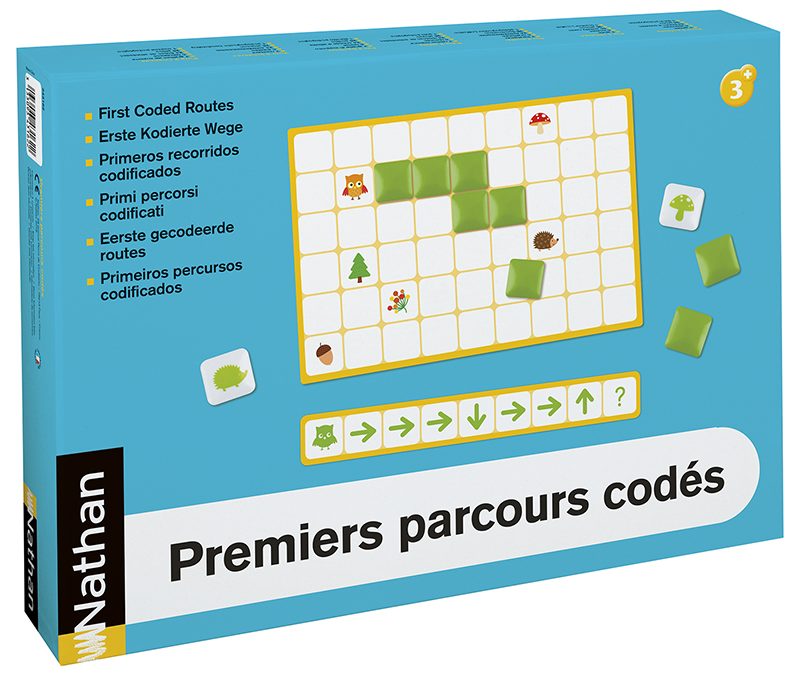
Coding For Kids
Recommended for children aged 3 and up
Coding For Kids is a great introduction to the basics of coding. Activities like interpreting the instructions, and coding and following patterns in a coordinate system, are both entertaining and educational. The game has two difficulty levels, with either 6 or 9 instructions. It is best suited for two players, but it’s also possible to play with more children in teams.
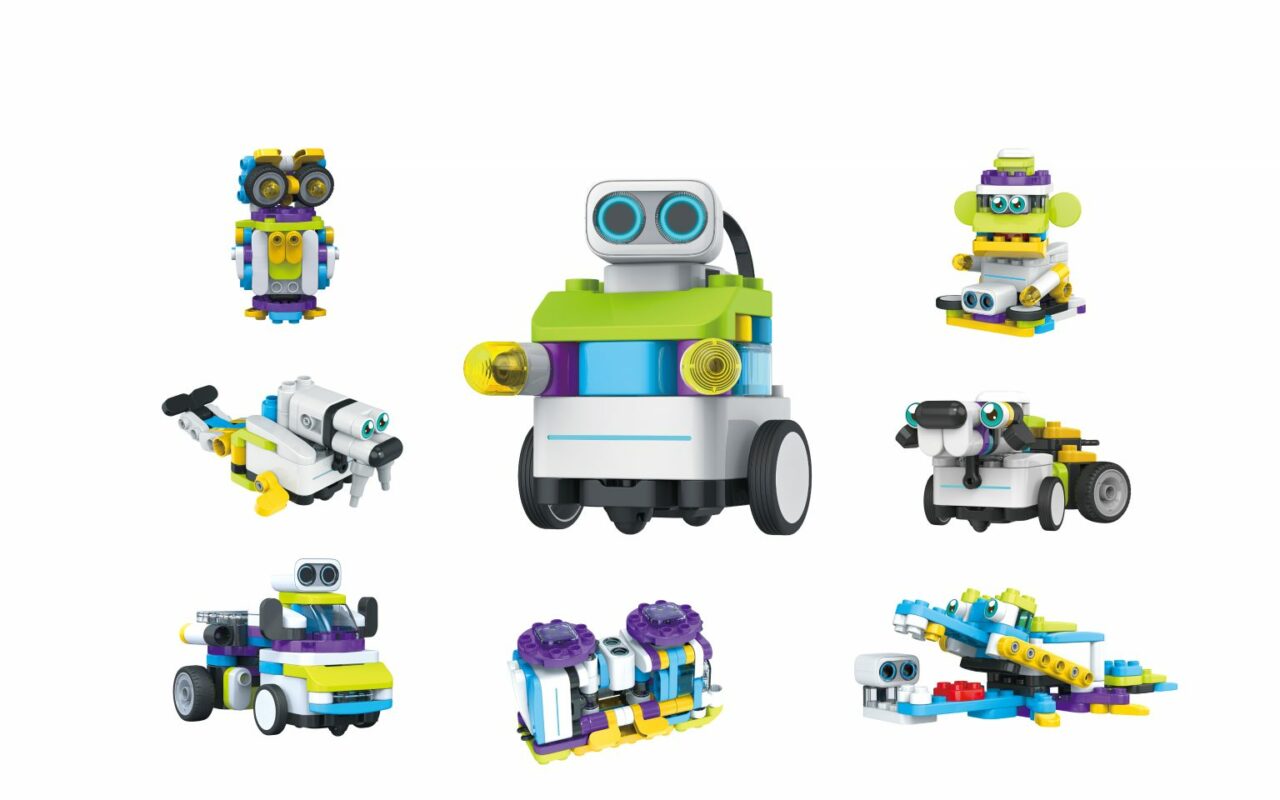
Botzees
Recommended for children aged 4-12.
We in Scientist Factory had been looking for a programmable robot for ages. As soon as we met Botzees, there was no doubt that we had finally found what we had been looking for. This is an extraordinary robot that promotes problem-solving, critical thinking and creativity. Kids can build different kinds of robots with the 130 blocks included in the robotics kit. Afterwards, the robot can be programmed to dance, move around, drum or light up using the Botzees AR app. You will also see the robot move through AR (augmented reality) on the app while you solve 30 problems. The problems introduces kids to the basic principles of coding. Once all 30 have been solved, you can keep coding at a more advanced level with the Botzees Edu app.
-
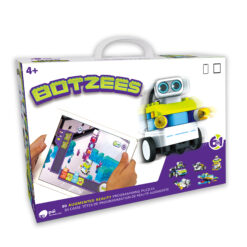 Botzees Robotics Kit – Create, Program, Play!€150.00
Botzees Robotics Kit – Create, Program, Play!€150.00 -
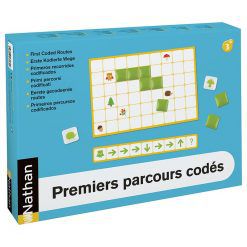 Coding For Kids€35.00
Coding For Kids€35.00
